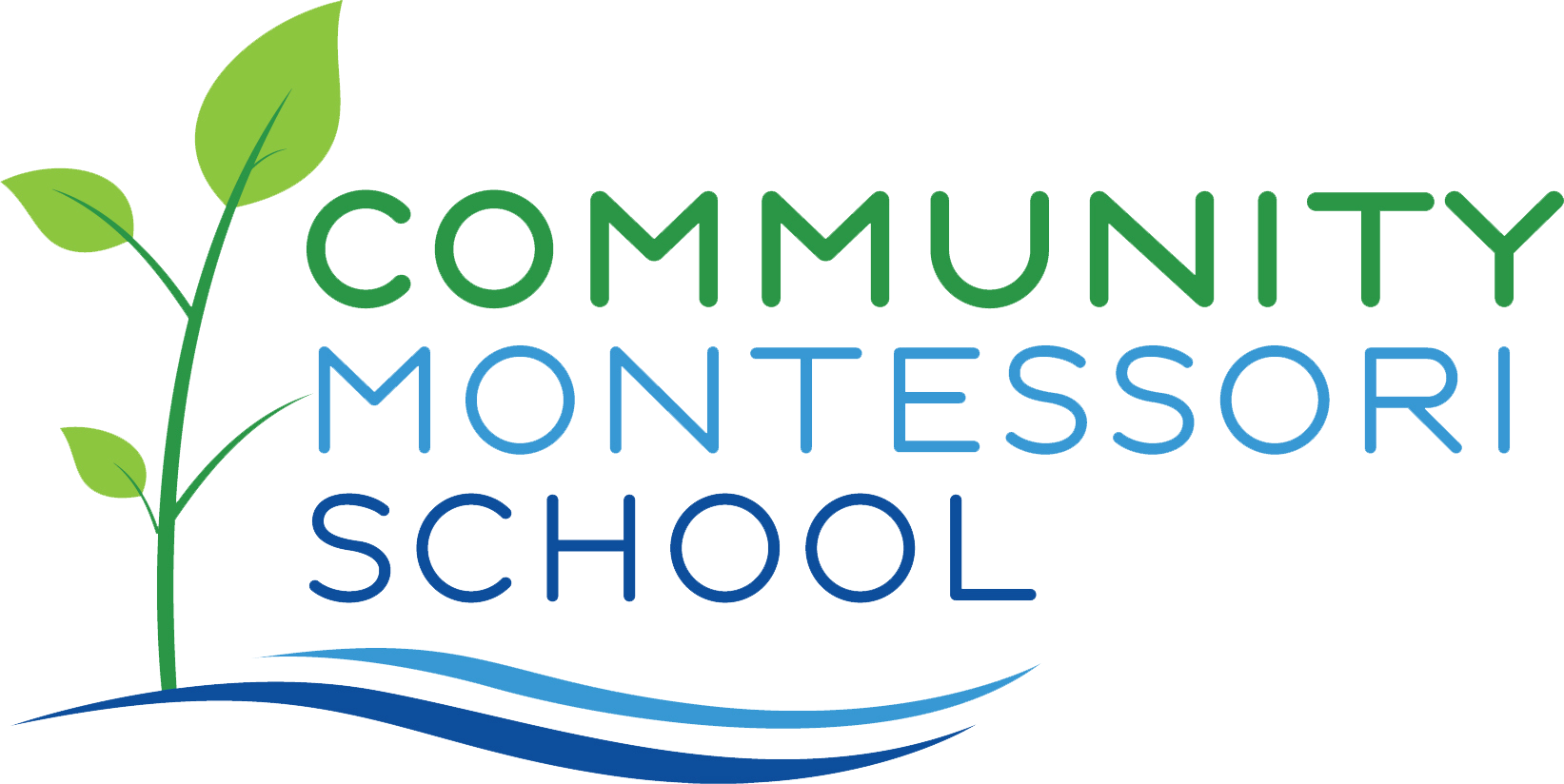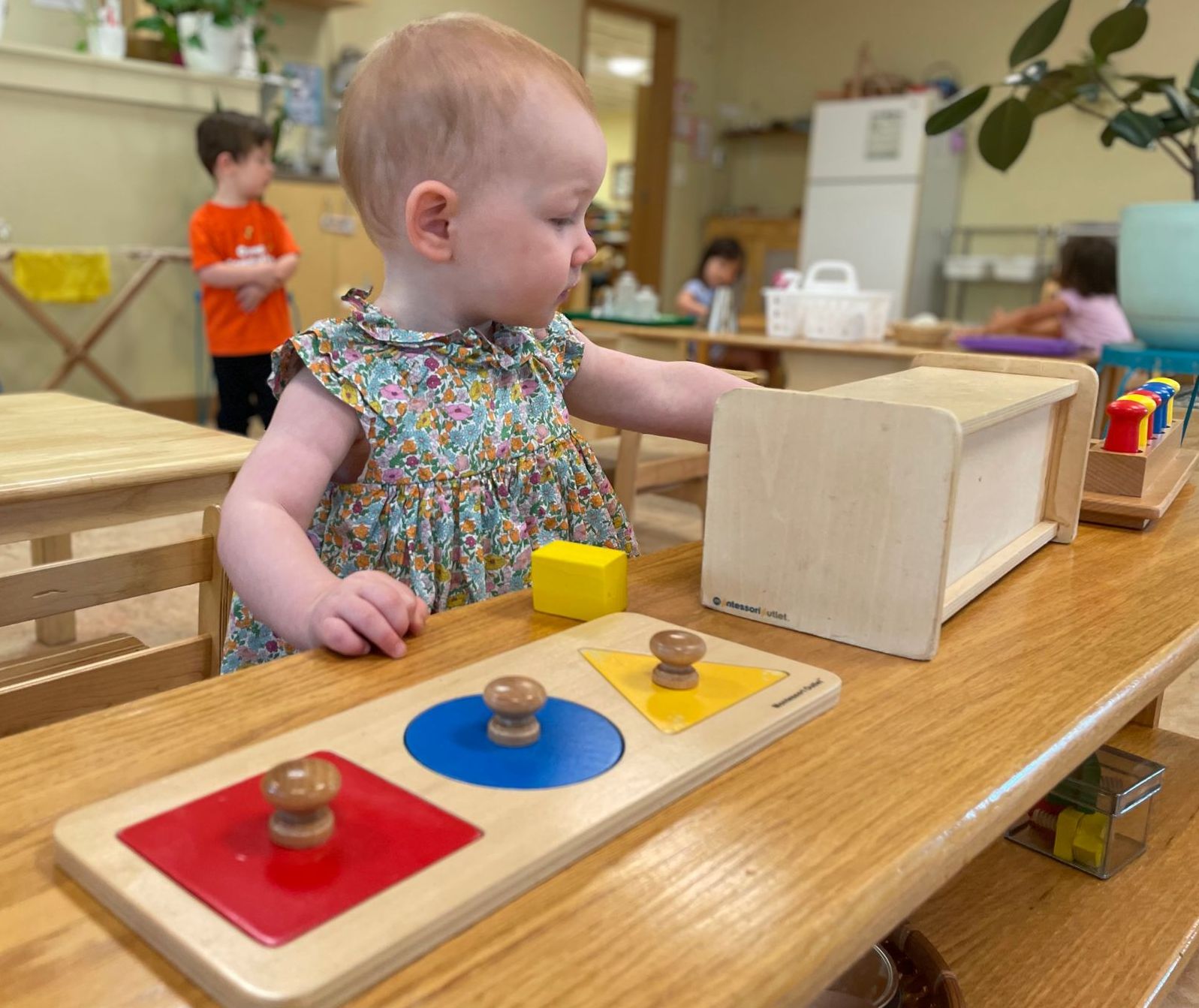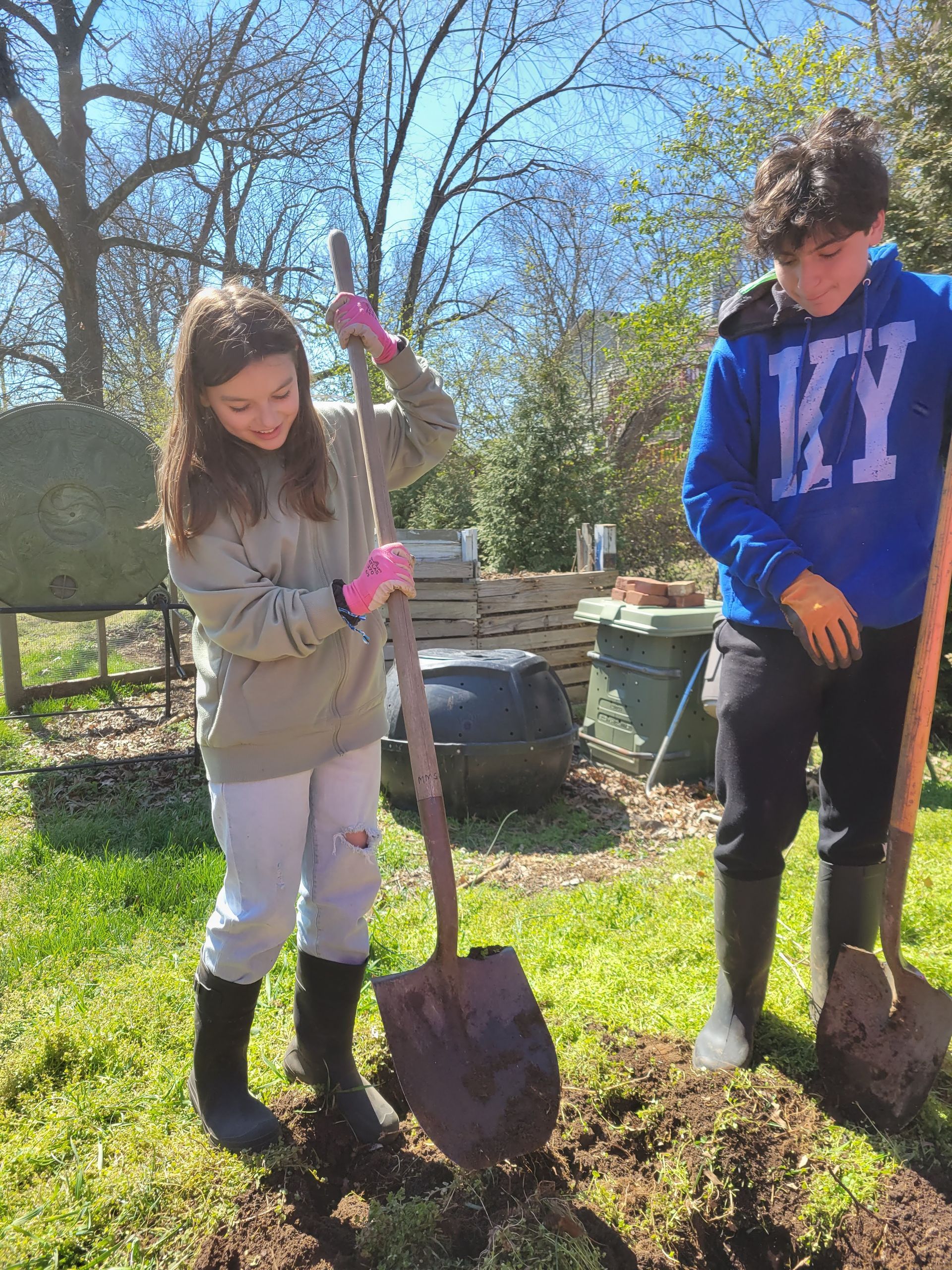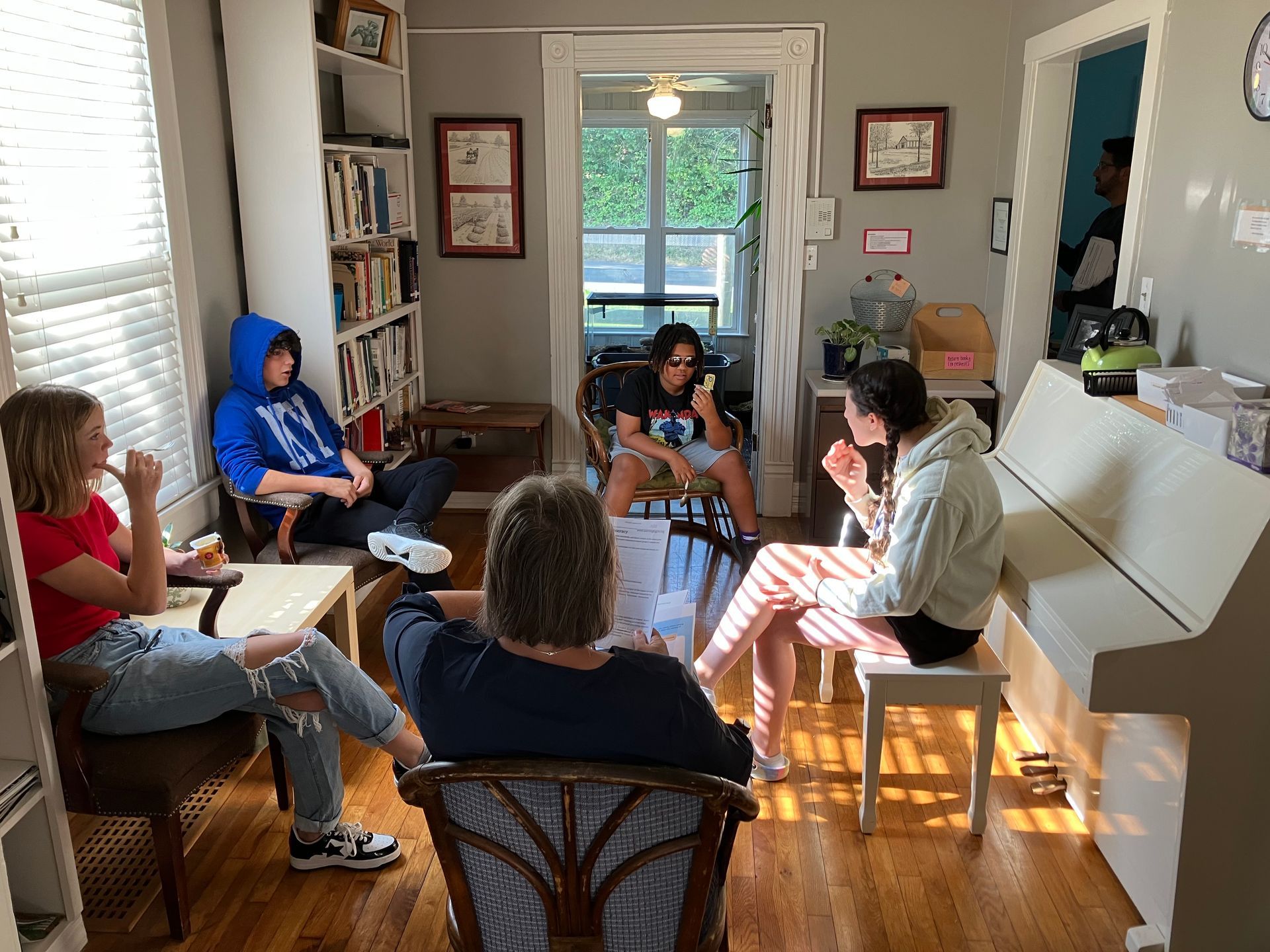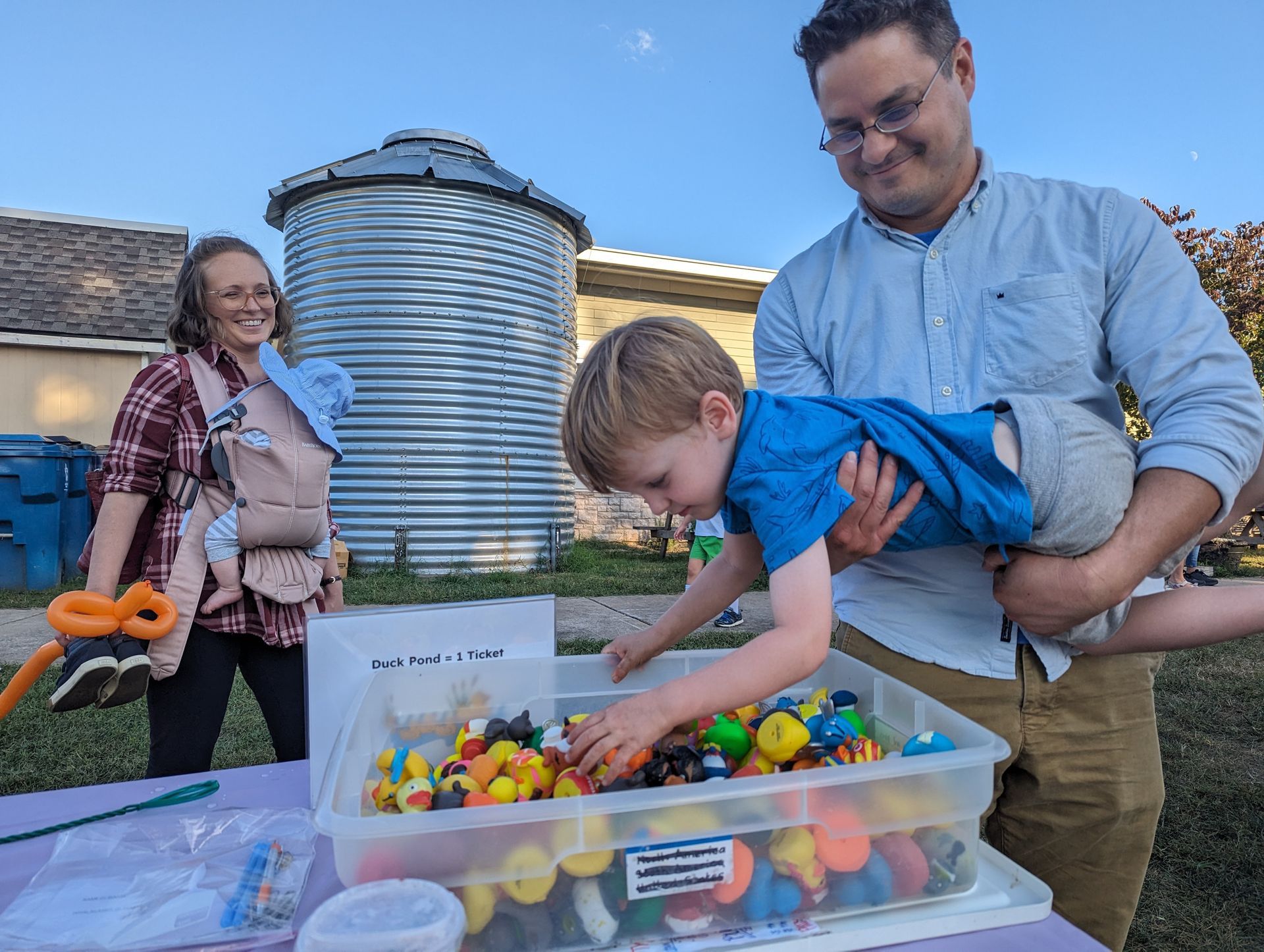The Montessori Approach: A Child-centered Philosophy
The Montessori approach is a comprehensive educational philosophy and method from birth to adulthood based on the observations and insights of Dr. Maria Montessori. At its core is a profound respect for a child's natural inclination to learn and grow.
Foundations: Observing the child
As an Italian physician and educator in the early 20th century, Dr. Montessori spent years meticulously observing children across cultures and socioeconomic backgrounds. She discovered that when provided a "prepared environment" containing developmentally appropriate materials, children exhibited a deep inner motivation to teach themselves. Montessori's key realizations were:
- Children construct their own personalities by interacting with their environment
- Children pass through sensitive periods primed for acquiring specific skills
- Children learn best through spontaneous activity and hands-on experience
The prepared environment
The Montessori "prepared environment" is carefully designed to meet the developmental needs of each child. It contains specially crafted materials that isolate and teach specific concepts, enabling children to learn through self-directed activity and discovery. Under the guidance of a trained Montessori teacher, children work independently or in small groups with these materials at their own pace, cultivating concentration, motivation, and a love of learning.
MOntessori Planes of Development
Dr. Montessori identified four distinct planes of human development, each with its own developmental characteristics and ideal learning conditions:
Key Principles of Montessori education
While the Montessori approach evolves to meet each plane's needs, core principles guide its implementation:
Freedom within Limits: Children are free to choose work that captures their interests, while the environment sets appropriate boundaries.
Uninterrupted Work Periods: Long blocks of time allow children to engage deeply and reach a state of calm focus known as "normalization."
Multi-Age Classrooms: Allowing children from three consecutive age levels to interact fosters peer learning and a sense of community.
Hands-On Learning: Montessori materials are designed for physical exploration of abstract concepts, engaging multiple senses.
Intrinsic Motivation: By following their inner interests at their own pace, children cultivate a lasting love of learning driven by intrinsic rewards.
Prepared Teachers: Montessori teachers are trained observers who guide each child's independent learning journey while modeling respect.
The Montessori approach nurtures the whole child - physical, social, emotional and cognitive - through a thoughtfully crafted environment that empowers them to become confident, independent learners for life.
